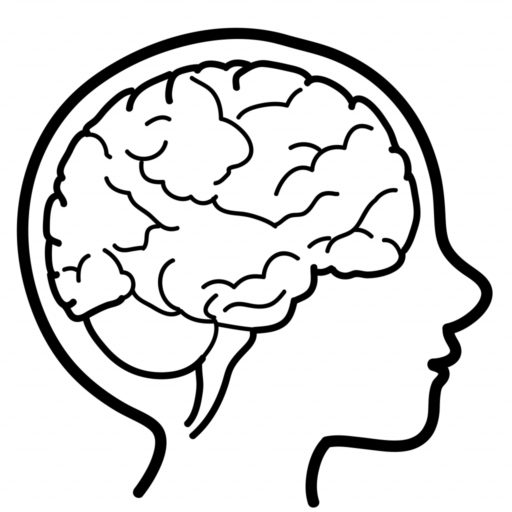Introduction
During my rehabilitation period in the Haywood Hospital between 25th September 2015 and my discharge on 4th November 2015, I accepted that the likelihood of my returning to anything like I used to be was implausible. I didn’t think I’d ever drive a car, gain employment, go on a holiday, or partake in any of the multitude of usual undertakings in life. Regardless, I had the mindset that I should be grateful I still had my daughter Olivia and my life partner Ruth with me – everything else was secondary to that.
I have learned that setting achievable goals is considered to be a sensible approach to recovery, but I personally didn’t set any. I consciously and deliberately chose not to consider my recovery path in any way relative to how I used to be. I was determined to gain satisfaction from inch-by-inch progress beyond my initial severely limited mental state. I accepted that my life would never be the same, and at no point did I feel upset or contemplate becoming sad about this. Perhaps it was my very limited expectations which helped me avoid wallowing in misery, never mind depression.
Ruth lives by a creed she calls PMA – Positive Mental Attitude; it’s a fantastic approach to life which goes way beyond trauma. PMA applies to almost anything, such as not moaning about the rain or being stuck in a traffic jam – getting a little wet or being delayed by thirty minutes isn’t such a big deal.
Good Fortune
A neuropsychologist informed me that about forty percent of victims survive my brain injury severity. I was further advised that out of this group, fewer than one percent make anything like the level of positive recovery I have. In a nutshell, this makes me feel very… lucky! I feel the strangest aspect of my outcome isn’t the life / death eventuality, but the outrageous level of recovery I’ve made.
It was expected I would die; the doctors asked my 85-year-old mother if she’d consent to donating my organs – she did. When I emerged from my four-week comatose period I experienced locked-in syndrome for six days – I couldn’t speak or move any part of my body. A week further on I asked Ruth if she had come from Los Angeles and I had come from the moon – neither were true. 😀
If there’s one common characteristic of all the trauma survivors I’ve encountered, it’s that they want to hear of others who have experienced traumatic events. Trauma survivors often compare themselves to others (I do it myself) and think along the lines of “It could have been worse, I could have suffered with X or Y or Z”. The psychology isn’t related to triumphalism, it’s that we all have fears of what could be the worst outcome and are grateful that we’ve not had to face it. This mindset isn’t entirely logical though, as the thought of having massively reduced mental capacity would always have been a fear of mine; but then it happened to me, and I felt there could have been worse outcomes.
Thoughts on my TBI and Recovery
I doubt I’ll ever return to how I was before my injury. Beyond my deficiencies (limitations) already mentioned, my short-term memory has been measured as below the fifth percentile. To be assessed as having learning disabilities was hard to read, but entirely accurate.
Has the injury affected my life? Yes, there are things I can no longer do. However, I now have increased patience, superior organisational skills developed as coping strategies and hopefully more thoughtful / empathetic character traits. I’ll accept the trade of old skills and abilities for the new opportunities and genuine appreciation of life which I feel every single day. In short, I feel that the positives outweigh the negatives.
